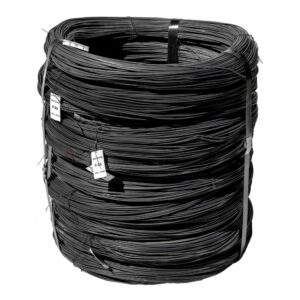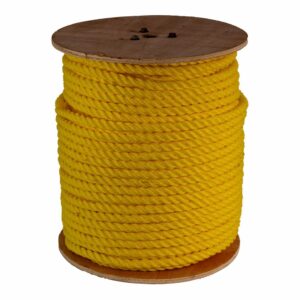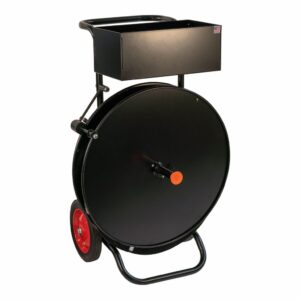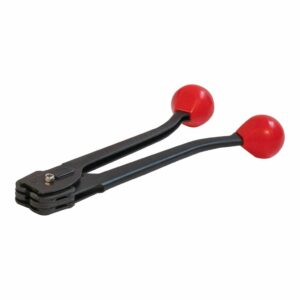Description
Self-leveling materials are widely used in the construction industry to create smooth, level surfaces quickly and efficiently. These materials, often in the form of compounds or underlayments, offer numerous advantages in a variety of construction applications.
Key Features:
- Automatic Leveling:
- The primary feature of self-leveling materials is their ability to automatically level and distribute evenly across a surface. Once applied, the material spreads and settles into a flat, horizontal plane, eliminating the need for manual leveling.
- Time Efficiency:
- Self-leveling materials significantly reduce the time required for surface preparation. Traditional methods, such as manually leveling concrete, can be labor-intensive and time-consuming. With self-leveling compounds, the process is expedited, allowing for quicker project turnaround.
- Versatility in Application:
- Self-leveling materials are suitable for a wide range of substrates, including concrete, wood, and existing flooring materials. This versatility makes them applicable to various construction scenarios, such as preparing subfloors for flooring installations.
- High Precision and Accuracy:
- These materials are engineered to provide high precision and accuracy in achieving a level surface. They can effectively address minor irregularities in the substrate, resulting in a smooth and even finish.
- Minimal Disruption:
- Self-leveling compounds are designed to minimize disruption during application. They flow easily into the desired area, whether it’s a floor, countertop, or other surface, and require minimal intervention once applied. This contributes to a cleaner and more controlled construction environment.
Applications:
- Floor Leveling: Self-leveling compounds are commonly used to level uneven subfloors before the installation of flooring materials such as tile, laminate, or carpet.
- Underlayment for Finishes: They serve as an ideal underlayment for various floor finishes, providing a smooth and level base.
- Renovations and Repairs: Self-leveling materials are valuable in renovation projects where existing surfaces need to be rejuvenated or brought to a consistent level.
- Industrial Flooring: In industrial settings, self-leveling compounds are used to create durable and level surfaces for machinery and equipment.
- Quick Patching: They are also employed for quick patching and repair work on concrete surfaces.
Conclusion: Self-leveling materials have become indispensable in modern construction, offering a time-efficient and precise solution for achieving level surfaces. Their versatility and ease of application make them a valuable asset in a variety of construction projects, contributing to enhanced efficiency and overall project quality









Reviews
There are no reviews yet.